
❗Avoid Cloves If You Have These Health Issues – What Doctors Rarely Warn You About
Cloves are often praised as a super-spice. From adding rich flavor to meals to offering antioxidants and anti-inflammatory benefits, these tiny flower buds from the clove tree are packed with powerful health-boosting compounds.
But here’s the catch: cloves aren’t safe for everyone.
In certain health conditions, cloves can actually do more harm than good—and most people have no idea. Let’s take a closer look at when you should avoid cloves and why.
1. 🔥 GERD or Acid Reflux
Cloves contain eugenol, a compound that relaxes muscles—including the lower esophageal sphincter. Unfortunately, this can make acid reflux worse by allowing stomach acid to travel back into the esophagus.
👉 If you struggle with heartburn or GERD, it’s best to skip cloves or consult your doctor first.
2. 💉 On Blood Thinners or Have a Bleeding Disorder
Cloves act as a natural blood thinner. While this may benefit heart health, it’s risky for those with hemophilia, clotting issues, or anyone taking medications like warfarin or aspirin.
👉 The combination could increase your risk of internal bleeding. Always get medical advice before use.
3. 🤧 Spice Allergies
If you’re allergic to spices—or plants in the Myrtaceae family (like eucalyptus or guava)—cloves may trigger reactions such as:
-
Itching
-
Swelling
-
Difficulty breathing
👉 If unsure, start with very small amounts or do a patch test first.
4. 🤰 Pregnant or Breastfeeding
Cloves can relieve some discomforts of pregnancy—but in large amounts, they may stimulate uterine contractions, which can be dangerous in early pregnancy.
👉 Nursing moms should also be careful, as eugenol can pass into breast milk and affect the baby.
5. 🧬 Liver Conditions
Too much eugenol can be toxic to the liver. If you have fatty liver disease, hepatitis, or past liver issues, avoid clove oil and high doses of cloves.
6. 🧯 Stomach Ulcers or Gastritis
Cloves stimulate digestion, but for people with ulcers or chronic gastritis, they may irritate the stomach lining and worsen symptoms.
👉 Instead of soothing your gut, cloves may increase pain and acidity.
7. 🩸 Low Blood Sugar (Hypoglycemia)
Cloves can help regulate blood sugar—but if you already struggle with hypoglycemia, they may lower it even further, causing:
-
Dizziness
-
Fatigue
-
Fainting
👉 Monitor your levels carefully if you choose to consume cloves.
8. 🚱 Kidney Conditions
Large amounts of cloves or clove essential oil can strain the kidneys, especially in people with chronic kidney disease.
👉 Stick to small amounts in food, and avoid concentrated oils unless prescribed.
9. 🚫 Sensitive Skin & Clove Oil
Clove oil is very strong. Applied directly, it can burn or irritate sensitive skin.
👉 Always dilute clove oil before using it for toothaches, acne, or massages. And never apply to open wounds.
✅ Bottom Line: Cloves Are Powerful—but Not for Everyone
Yes, cloves are natural and full of health benefits—but for some people, they can trigger serious side effects.
You should be cautious if you:
-
Have reflux, ulcers, or liver problems
-
Are on blood thinners
-
Are pregnant or breastfeeding
-
Have allergies, kidney issues, or sensitive skin
👉 Pro Tip: Always use cloves in moderation and choose high-quality whole cloves or trusted oils. And when in doubt—talk to your doctor first.
🧠 Remember: Natural doesn’t always mean safe for everyone. Sometimes, the healthiest choice is knowing when to say no.
News in the same category


Discover the Hidden Treasure in Your Home: Kalanchoe and Its Medicinal Properties

7 Powerful Fruits That May Help Prevent and Fight Cancer

🦵 Hip Pain: What Does It Mean? Common Causes & When to Seek Help
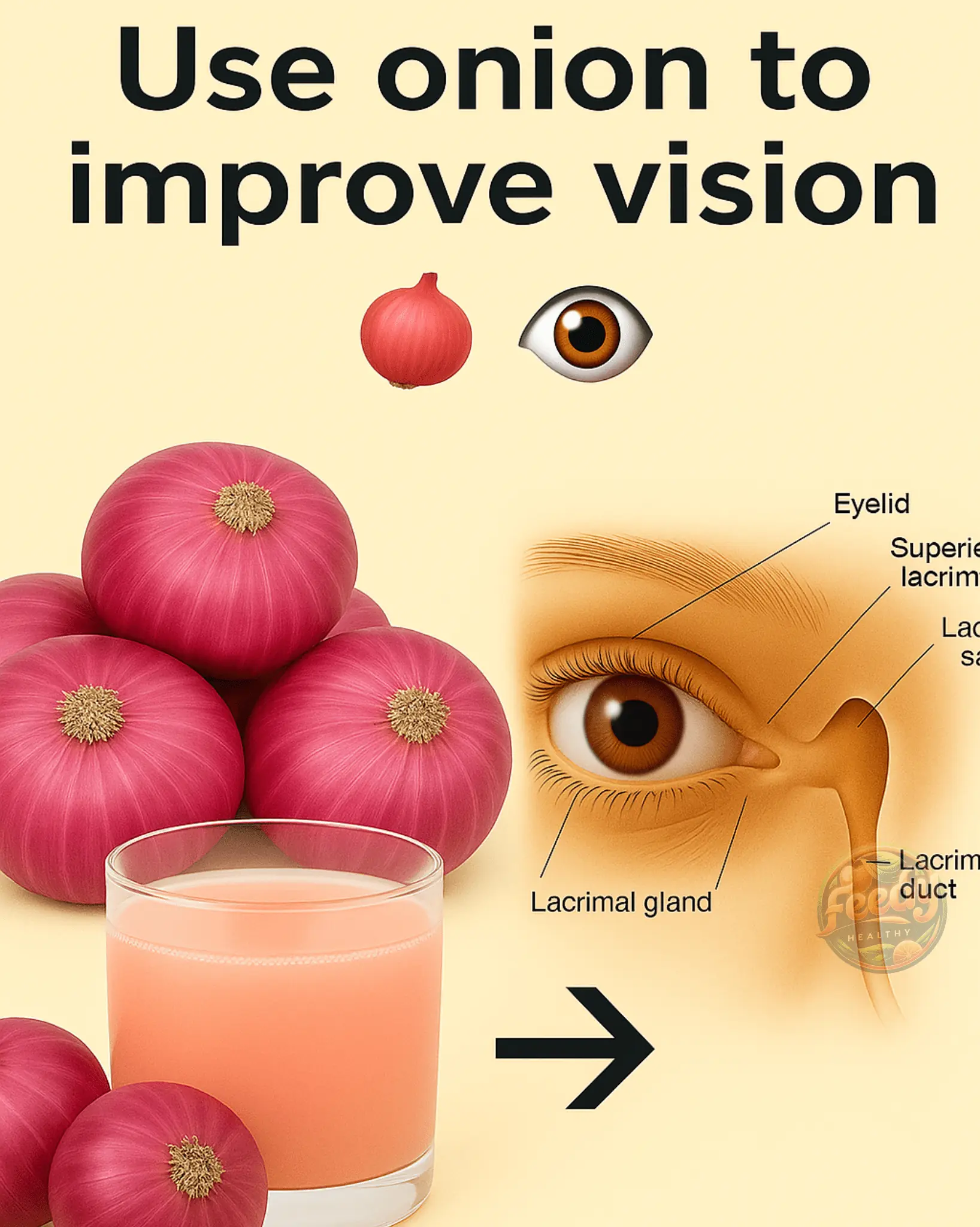
Can Onions Really Boost Your Vision?
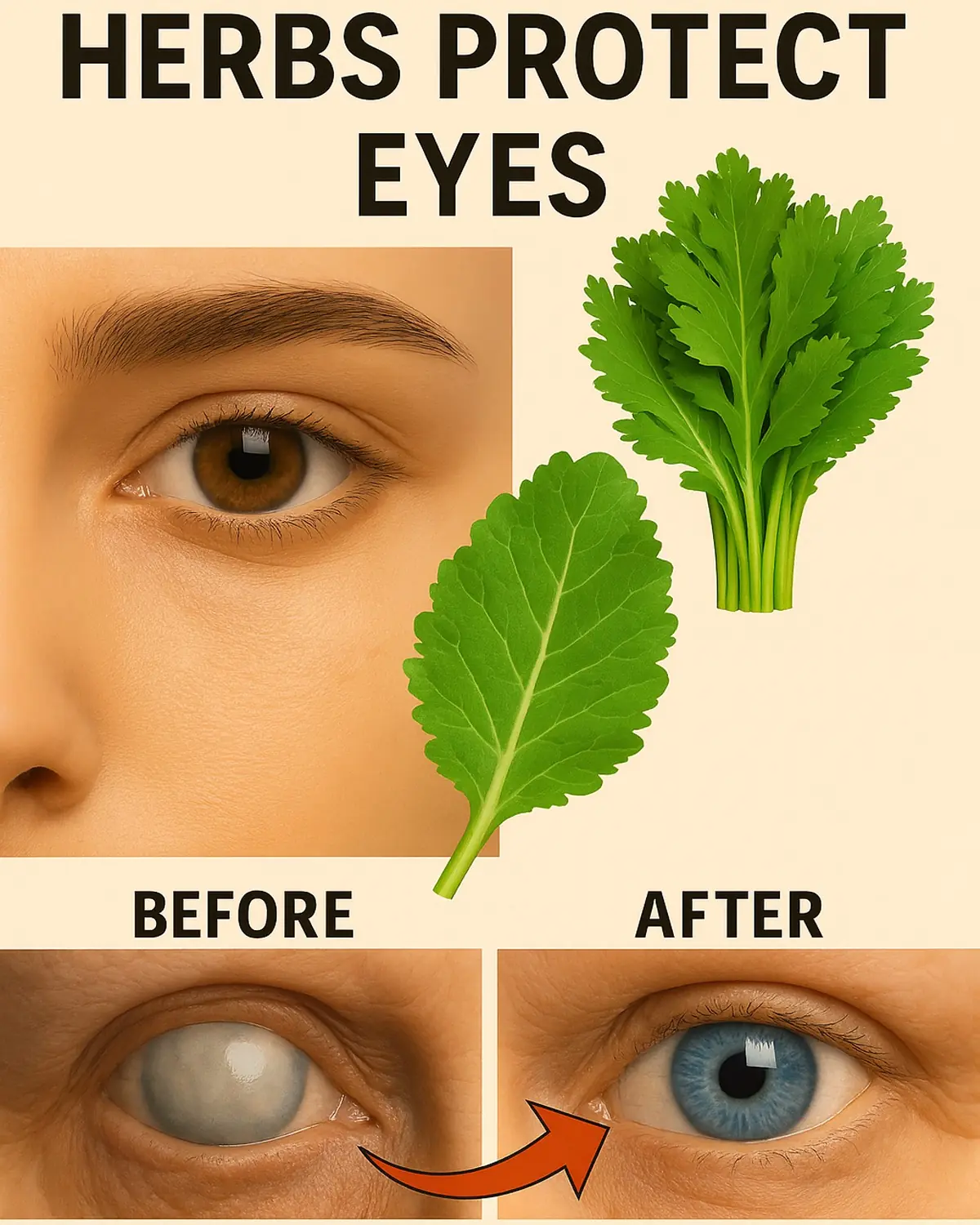
See the Difference: 5 Natural Leaves That Promote Eye Health

How to Identify Real Rice from Fake: A Practical Guide

3-Step Okra Skin Care: Get Rid of Wrinkles, Large Pores & Dark Spots
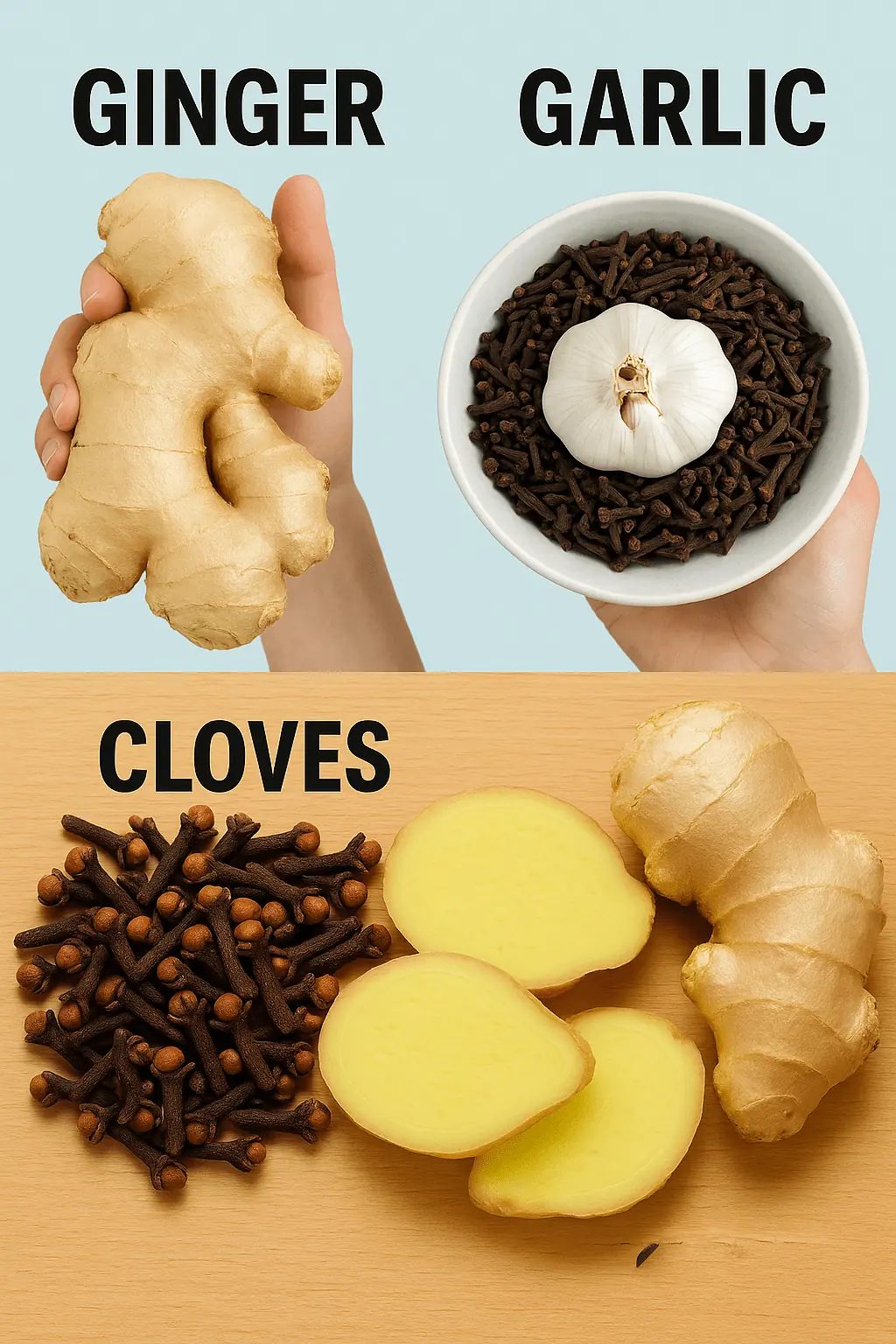
Garlic, Cloves, and Ginger Destroy Toxins and Fungi in the Body! 🌿✨ Grandma’s Golden Recipe Revealed

No Maid Survived a Day With the Billionaires Triplets, Until the Black Woman Arrived and Did What No One Could

Honey Garlic Salmon & Roasted Sweet Potato Bowl 🍯🐟🍠

Multiple Pregnancy After IVF – The Miraculous Case of Quadruplets in France

Just 2 tablespoons… Eliminate all worms and parasites from your body.

Your Feet Are Screaming for Attention: 6 Shocking Health Clues Hidden in Your Soles!

7 Minor Illnesses That Repeatedly Occur May Be Warning Signs of Cancer

8 Early Warning Signs of Nutrient Deficiency That Show Clearly on Your Body

Why Do Your Feet Itch at Night? Simple Causes and Effective Solutions

Natural Remedy to Relieve Back Pain with Figs
News Post

Maintenance worker finds starving dog and rushes to help: when vet lifts its paw, tears flow

Spain’s Vortex Bladeless Reinvents Wind Power with Blade-Free Turbines

Japan’s Vending Machines Equipped to Save Lives During Earthquakes

DIY Clove Wrinkle Eraser Serum – Get Younger, Glowing Skin Naturally!

Why Your Legs Cramp At Night (And How to Fix It)

Discover the Hidden Treasure in Your Home: Kalanchoe and Its Medicinal Properties

From Fear to Family: How a Rescued Pig Found Healing Among Farm Friends

My Daughter Banned Me from Seeing My Grandchild Because Her Husband Doesn't Want 'Single Mom Influence' in Their Home

Even the flies thought he was dead – his amazing recovery will make you cry

More people are dying from heart failure, doctors warn: give up these 4 habits now

7 Powerful Fruits That May Help Prevent and Fight Cancer

The little girl who fights illness every day but never loses her smile

‘Mutant deer’ with bubble skin sparks outbreak fears in US
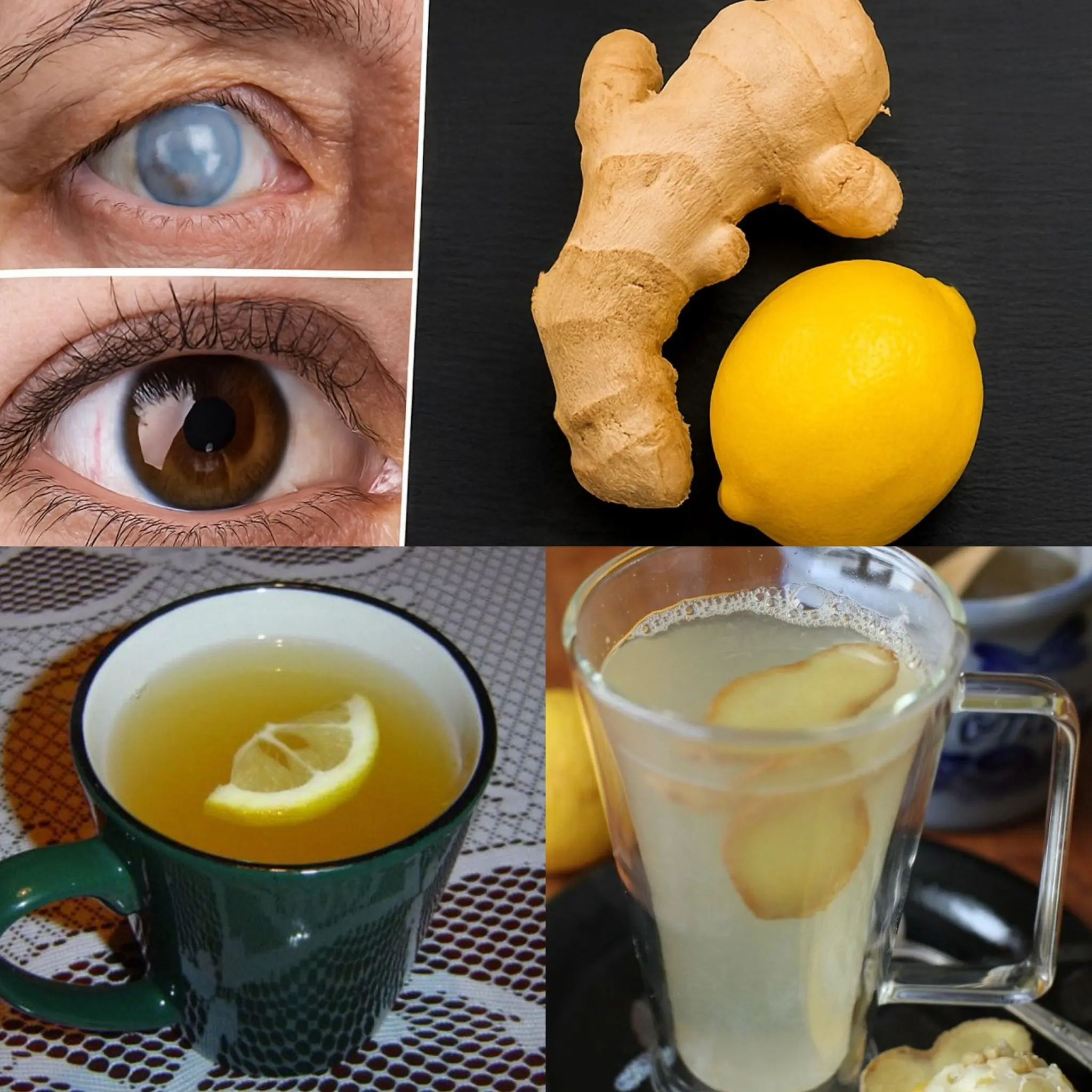
Restore Your Vision Naturally: A Simple Ginger and Lemon Recipe
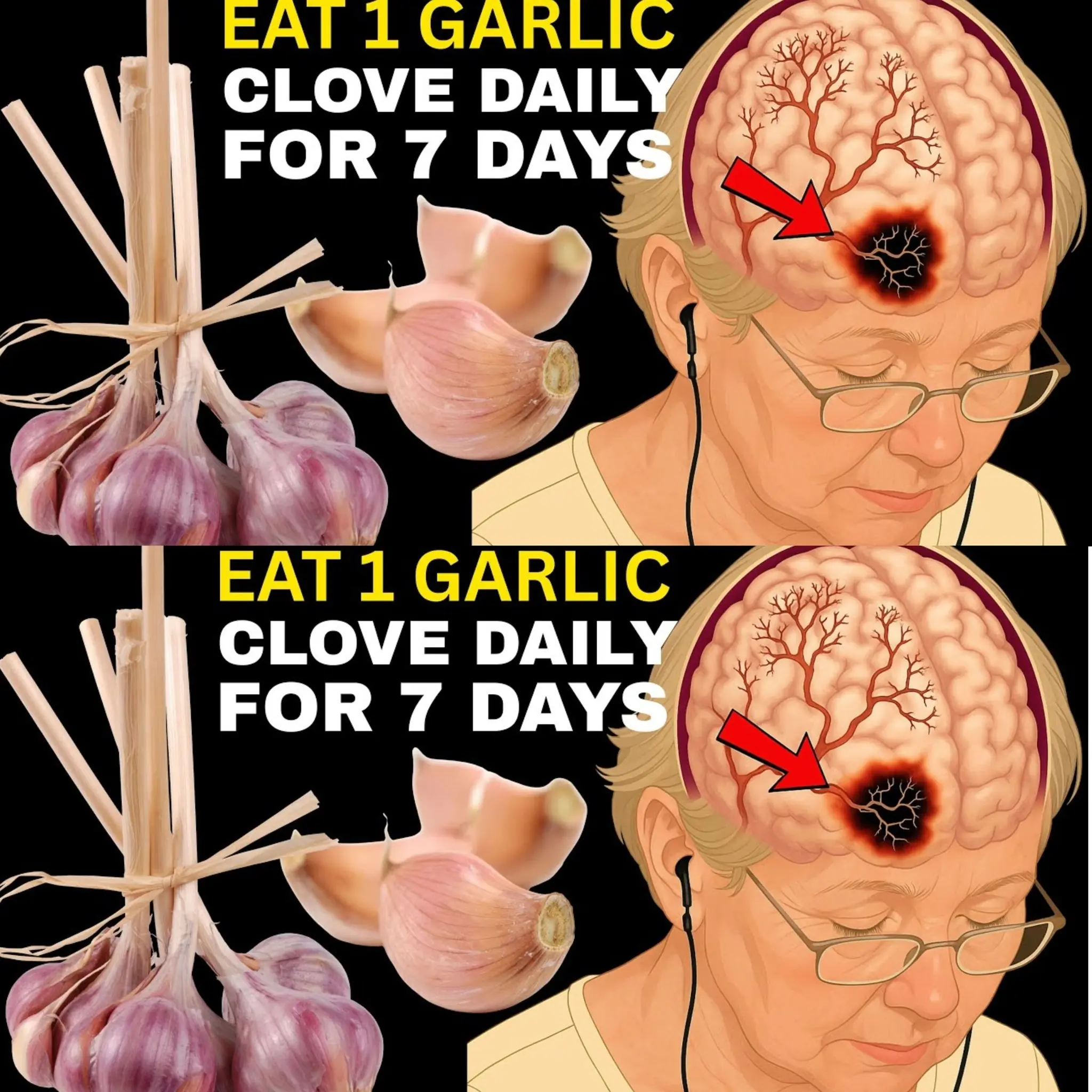
What Really Happens When You Eat One Clove of Garlic a Day for 7 Days

Mix Coffee, Garlic, and Honey and You’ll Be Thankful

🦵 Hip Pain: What Does It Mean? Common Causes & When to Seek Help

Cat, who ran into burning building five times to save her babies, is honored

